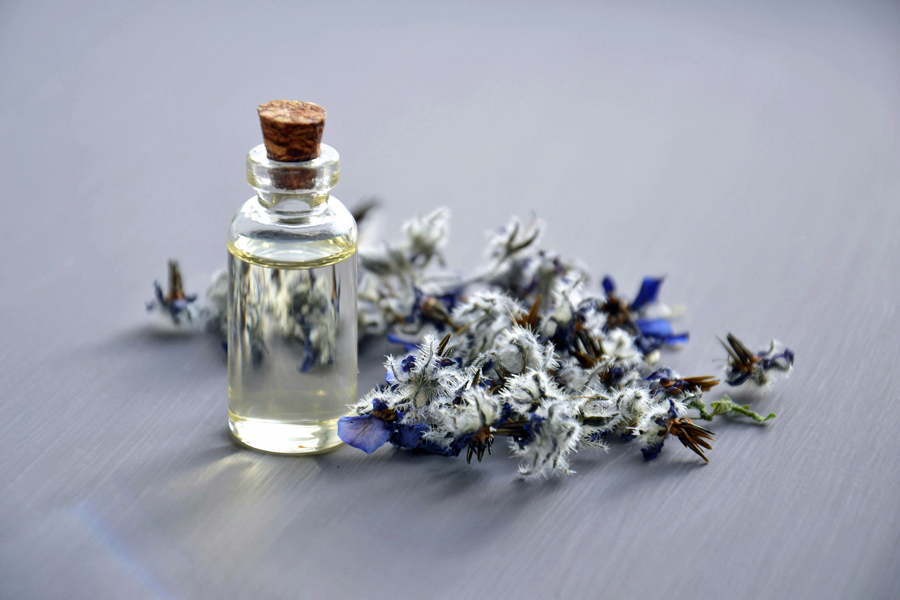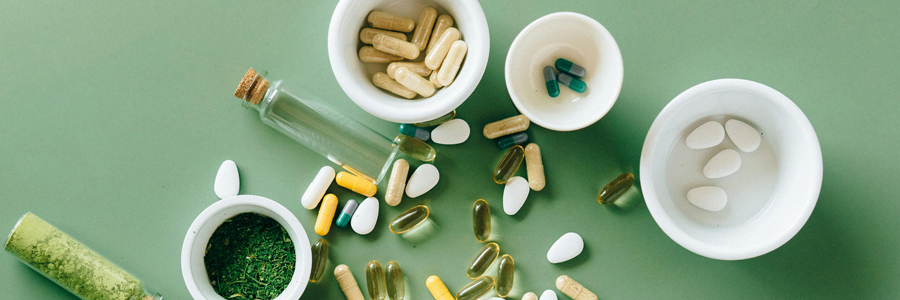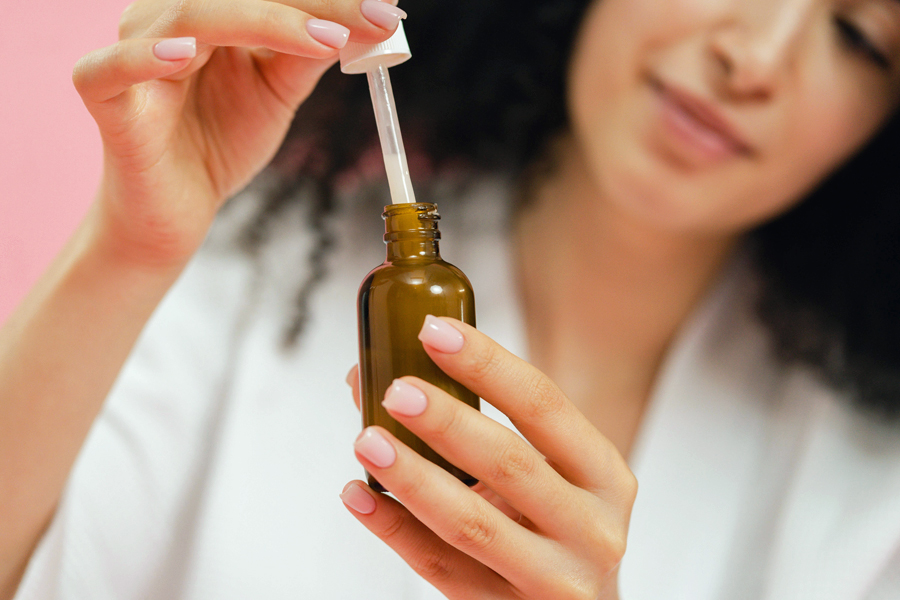A vitex tincture is an herbal supplement most commonly used by women to support hormonal balance. Derived from the berries of the chaste tree (Vitex agnus-castus), it primarily works by influencing the pituitary gland, which regulates hormones like luteinizing hormone and prolactin.
Vitex is often used to manage or treat a variety of conditions related to female reproductive health, though it is not a quick-acting herb and may require consistent use for several months to see results.
Uses
Premenstrual syndrome. Vitex is widely used to relieve common PMS symptoms, such as irritability, mood swings, anxiety, bloating, headaches, and breast tenderness. This is believed to be caused by its ability to lower elevated prolactin levels and balance progesterone and estrogen.
Irregular menstrual cycles. By helping to normalize hormone production, vitex can support a more regular and predictable menstrual cycle. It can be helpful for irregular periods, absent periods (amenorrhea), and short luteal phases.
Fertility issues. Vitex may enhance fertility in women with certain hormonal imbalances, particularly those with a luteal phase defect or high prolactin levels. Some studies show it may increase progesterone levels, which is crucial for preparing the uterus for pregnancy.
Menopausal symptoms. The hormone-balancing effects of vitex may help alleviate some menopausal symptoms like hot flashes and anxiety, especially during perimenopause when hormonal fluctuations are common.
Post-birth control support. For those coming off hormonal birth control, vitex can help stimulate the body’s natural hormone production to regulate cycles again.
Polycystic ovary syndrome. Vitex can be beneficial for some women with PCOS by helping to regulate ovulation and improve hormone levels.
Possible Side Effects
Some individuals may experience mild side effects, including nausea, headache, or skin rash. A very small number of women may also experience temporary mood changes.
Vitex should not be taken in combination with certain medications or during specific life stages:
Hormone-sensitive conditions. Avoid vitex if you have a hormone-sensitive condition like breast, uterine, or ovarian cancer, as it can affect hormone levels.
Pregnancy and breastfeeding. It is possibly unsafe for use during pregnancy. Though it is sometimes used to increase lactation at lower doses, higher doses could suppress milk production. Always consult a doctor before use if you are pregnant or breastfeeding.
Hormonal medications. Do not combine with hormone replacement therapy or birth control pills, as it can interfere with their effectiveness.
Parkinson’s disease. Vitex may interfere with dopamine-related medications used for Parkinson’s disease.
Given its effects on the hormonal system, it is crucial to consult a healthcare provider, such as a doctor, herbalist, or naturopath, before starting a vitex tincture.
Additional Information
Essential guide to vitex and the chaste tree | Jolene Brighten NMD
How vitex (chaste) berry supports women’s health | Gaia Herbs
Vitex | PeaceHealth
Vitex agnus-castus — Uses, side effects, and more | Web MD
Vitex (chasteberry) and women’s hormone balance | Aviva Romm MD
Vitex agnus-castus: Which benefits of chasteberry are backed by science? | Healthline
What to know about vitex | Web MD





